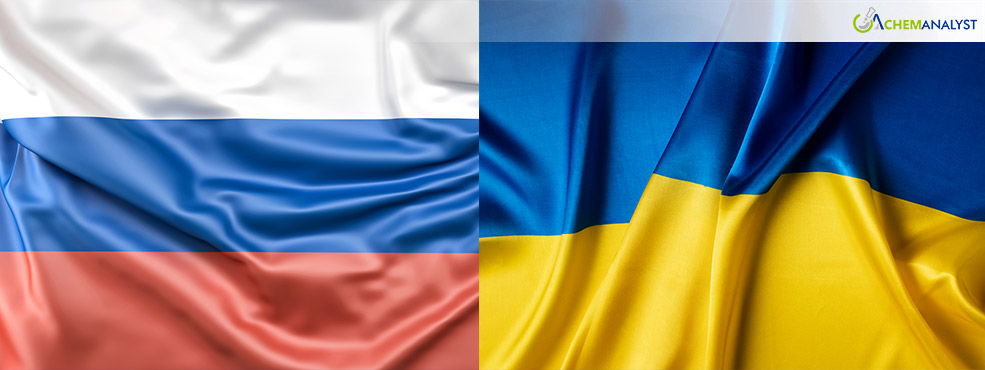Welcome To ChemAnalyst

Russia has described the situation surrounding its gas sales to Europe via Ukraine as "very complicated," with the transit agreement set to expire at the end of the year. The remarks followed talks between Russian President Vladimir Putin and Slovak Prime Minister Robert Fico, who met in Moscow on Sunday to discuss the impending crisis and other bilateral issues.
The five-year transit deal, which facilitates nearly half of Russia’s pipeline gas exports to Europe, is crucial for Slovakia, Italy, Austria, and the Czech Republic, which depend heavily on the flow. However, Ukraine has signaled it will not renew the agreement, citing its unwillingness to support Russia's military actions amidst the ongoing conflict. Ukrainian President Volodymyr Zelenskiy suggested last week that a deal could be reconsidered only if Russia receives no payment for gas until the war concludes—a condition Moscow is unlikely to accept.
Kremlin spokesman Dmitry Peskov stated on Monday that the complexities of the situation demand "increased attention" but did not provide details on the discussions between Putin and Fico. Peskov acknowledged differing priorities among European nations reliant on Russian gas, highlighting the challenging dynamics at play.
During Sunday’s meeting, Fico expressed concern over Slovakia’s energy security, noting that the loss of Ukrainian transit would make it “practically impossible” for Slovakia to secure Russian gas under current terms. Slovakia’s long-term contract with Gazprom has allowed for cost-effective supplies, but rerouting through alternative pipelines could add €220 million ($229 million) in annual expenses.
Gazprom, Russia’s state-controlled energy giant, has been redirecting some gas exports to Europe via the TurkStream pipeline, which runs under the Black Sea. However, the pipeline's capacity and reach are limited compared to the Ukrainian route. Hungary, another key consumer of Russian gas, supports maintaining the Ukrainian transit while relying on TurkStream for southern imports.
The upcoming expiry of the transit agreement underscores the broader impact of geopolitical tensions on Europe’s energy landscape. Putin has already indicated that a new deal with Ukraine is unlikely. With time running out, both Russia and affected European nations face mounting pressure to secure alternative solutions, while the economic and political stakes remain high.
For now, the fate of Russian gas supplies to Europe hangs in balance, leaving countries like Slovakia bracing for potential disruptions as winter approaches.
We use cookies to deliver the best possible experience on our website. To learn more, visit our Privacy Policy. By continuing to use this site or by closing this box, you consent to our use of cookies. More info.
